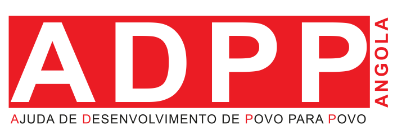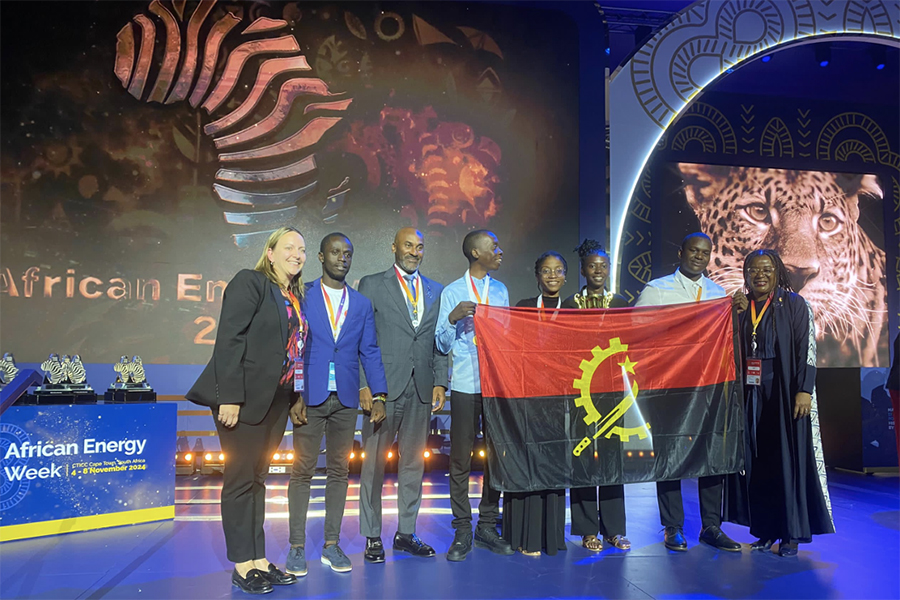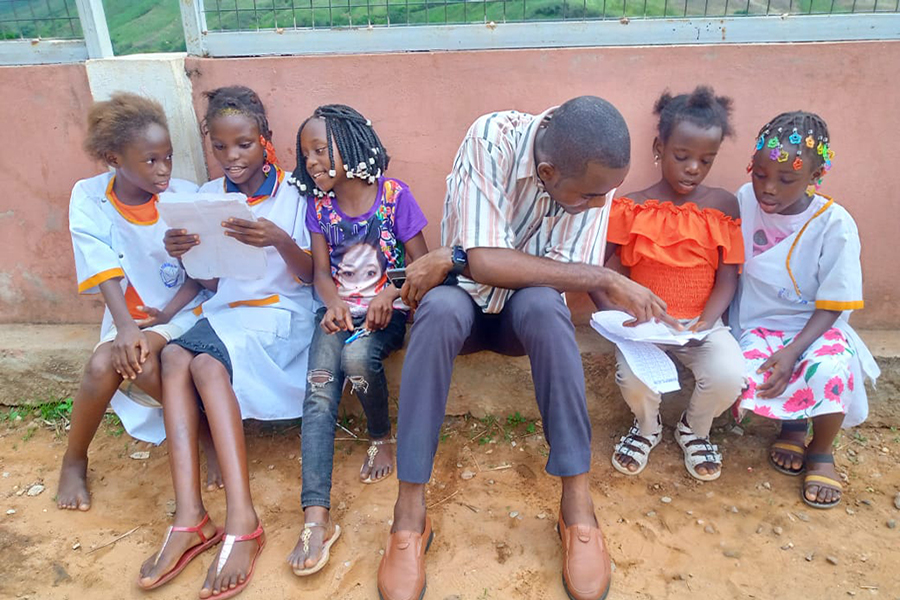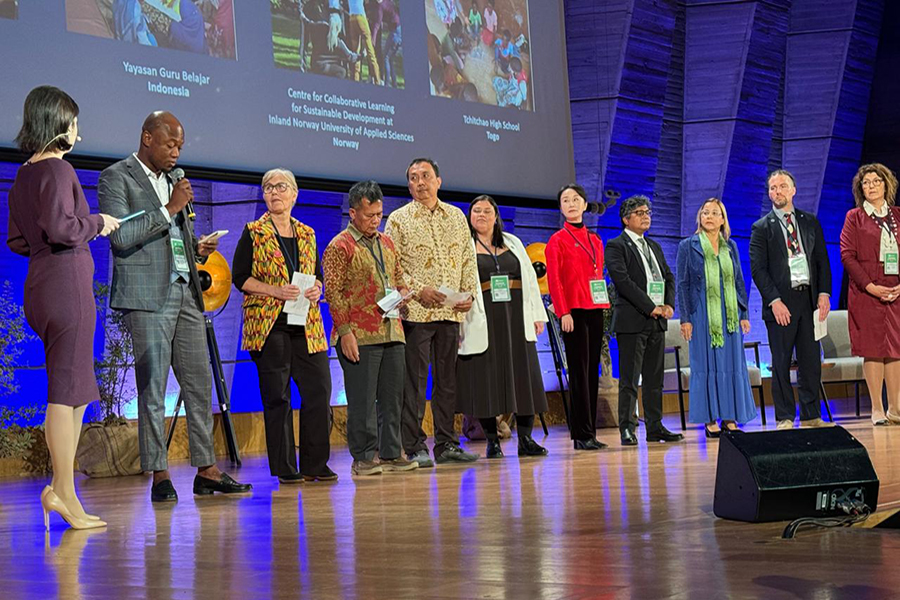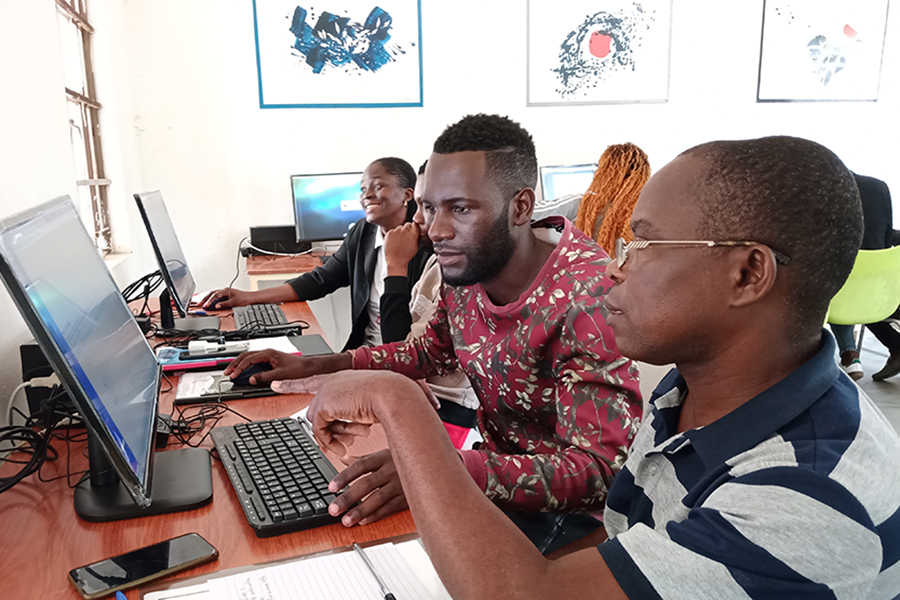Herculano António, Ernestina Panda, Rildo Francisco, and Ester Gonçalves took first prize in Africa's largest school science competition with their project focused on bringing accessible water and energy to district communities.
The four 10th-grade students from the Telecommunications Institute (ITEL) developed a project featuring a solar-powered system that extracts groundwater using a drill. Some of the water is stored, while the rest powers a machine to generate electricity.
With their project, the ITEL students aim to make water and energy distribution more accessible and practical for urban districts.
STEM Africa is a collaborative initiative between the ExxonMobil Foundation and Junior Achievement (JA) Africa, implemented by ADPP Angola. It aims to prepare young people for the future of work by teaching them to use Science, Technology, Engineering, and Mathematics to address social challenges. It also encourages young Africans to participate in solving real-world issues.
The competition includes participants from several African countries, with a focus on Namibia, Mozambique, Nigeria, and South Africa. The STEM Africa event took place in Cape Town, one of South Africa's largest cities, on November 4th and 5th 2024.
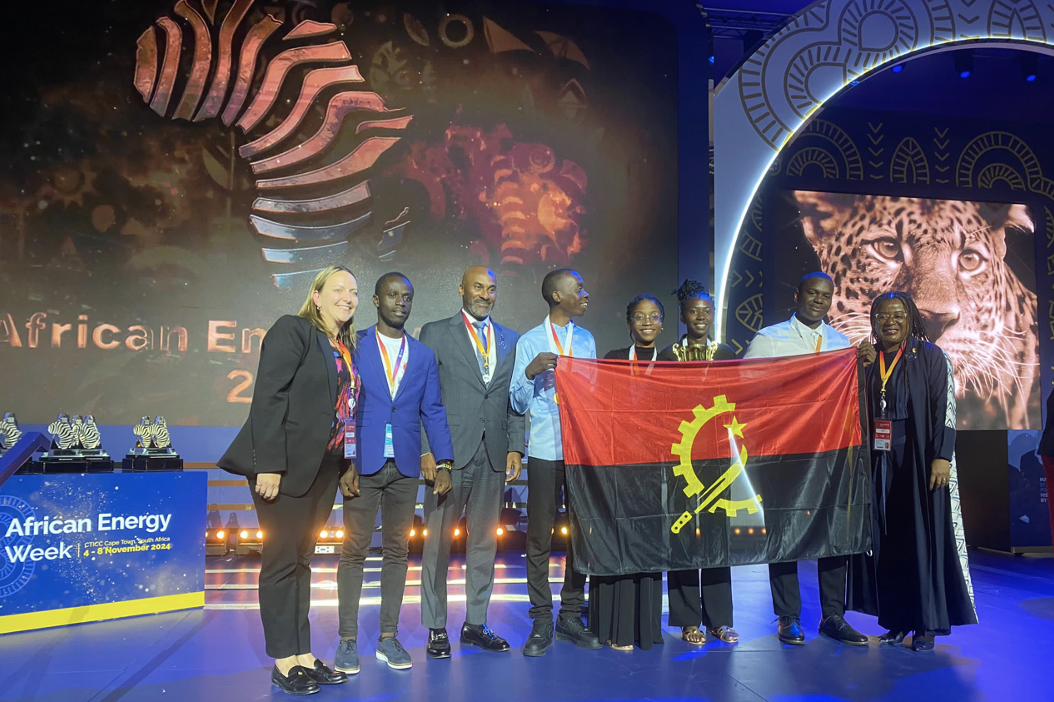
Between October 7th and 11th, 2024, the STEM project held an intensive training session on STEM (Science, Technology, Engineering, and Mathematics) for trainers from the Teacher Training Schools (TTS) in Huambo, Caála and Londuimbali and for teachers local primary and lower secondary schools.
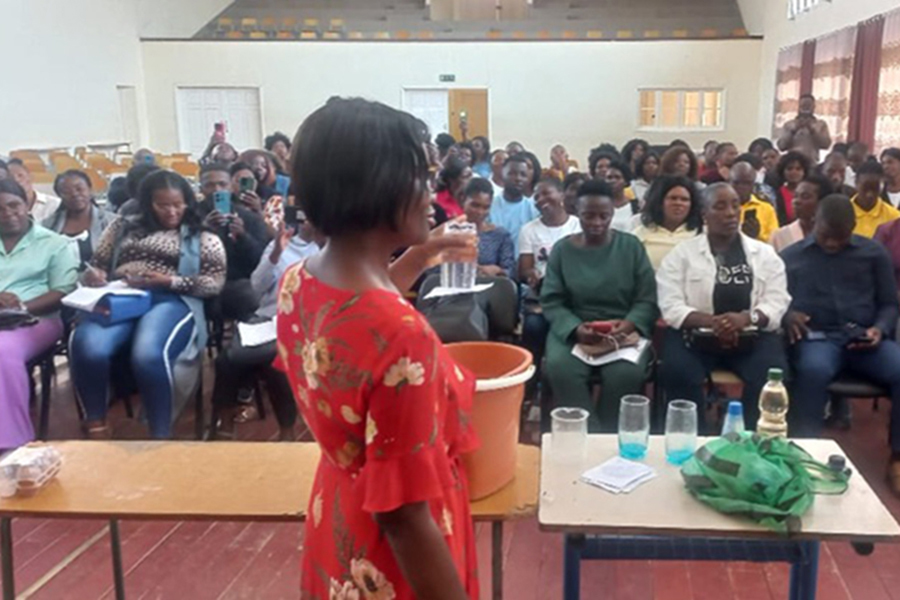
The activity took place at Colégio Comandante Bula in Huambo Province, where participants were encouraged to immerse themselves in STEM education. A total of 150 teachers attended, including 15 trainers from the TTS, and 135 schoolteachers in the municipalities of Huambo, Caála, and Londuimbali.
STEM education integrates Science, Technology, Engineering, and Mathematics, aiming to promote hands-on learning, particularly in Natural Sciences, Biology, Chemistry, Physics, and Mathematics. At the opening session, representatives from the Department of Science, Technology, and Innovation, the Director of Colégio Comandante Bula, as well as the STEM coordinator for ADPP and the provincial STEM focal point were present.
The implementation of this project in Huambo is expected to have a significant impact. By equipping students with STEM skills, it not only enhances their job prospects but also contributes to local economic and social development. STEM education plays a key role in preparing the next generation of innovators and leaders.
The project, to be implemented in Uíge, Bié, Huambo, and Londuimbali, is funded by Block 15, ANPG, ExxonMobil, Azule Energy, Equinor, and Sonangol. In close collaboration with the Ministry of Education, the National Institute for the Training of Educational Personnel (INFQE), and ADPP, it aims to improve the quality of STEM teaching in primary and secondary schools.
The second phase of the STEM project in Huambo is scheduled for April next year, during the pedagogical break. In the meantime, the teachers will be implementing lessons from the STEM manuals in their classes with formative supervision from the project.
On this World Teachers' Day, celebrated on 5 October 2024 under the theme "Valuing Teacher Voices: Towards a new social contract for education," Humana People to People has published an article outlining the critical role teachers play in transforming education systems, the need for increased investment in teacher training, and the importance of supporting teachers to address global shortages, particularly in rural and underserved communities.
As founding members of the Humana People to People Federation, we echo the importance of valuing teachers as key agents in transforming education, especially in rural communities: "Teachers must be valued, as they are key agents of transformation in education – and education systems need to transform to support them. Bringing qualified, supported and motivated teachers into classrooms is the single most important thing to support the learning and well-being of communities."
At ADPP Angola, we are proud to contribute to this effort through our 15 Teacher Training Schools, which prepare primary school teachers to work in Angola’s rural areas, where they are needed the most. These teachers are prepared not just to deliver knowledge, but to help students actively participate in their education, nurturing future generations who will build and sustain strong communities.
We invite you to read the full article https://www.humana.org/more/news/world-teachers-day-2024-we-value-teachers-role-in-transforming-education and learn more about the collective efforts of members of Humana People to People in transforming education.
We particularly enjoyed the newly produced film by our sister organisation ADPP Mozambique, which captures the journey of a teacher during and after her training and the teaching methods she uses in teaching in a rural primary school. Click here to watch it https://www.youtube.com/watch?v=47RxKwsZ0Ak .
Let us continue to invest in teachers—because transforming education starts with them.
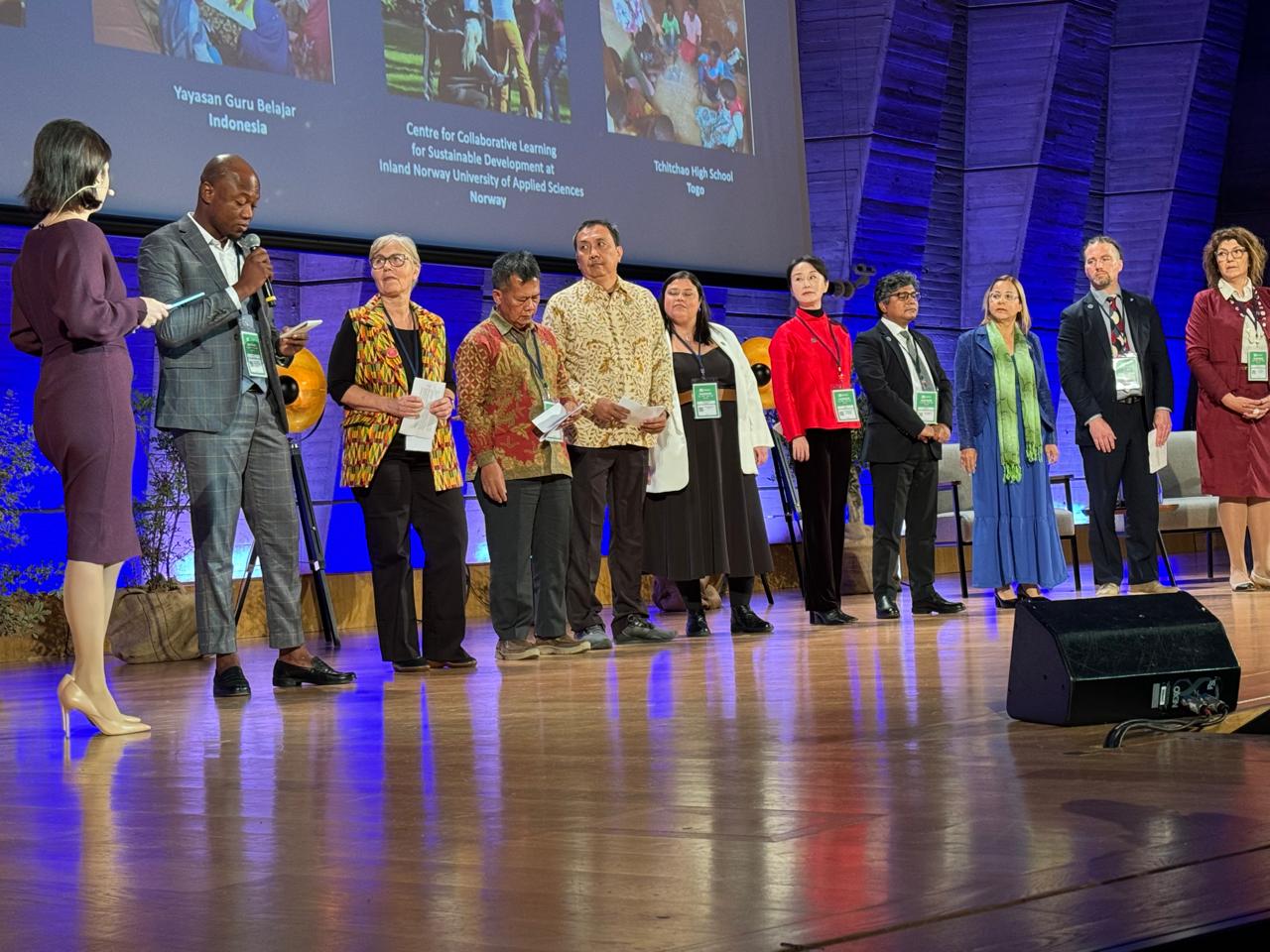
Celebrating Our Recognition as a Top 10 Finalist for the UNESCO-Hamdan Prize for Teacher Development
Luanda, Angola – October 4, 2024 – Today, ADPP Angola had the privilege of participating in the award ceremony for the UNESCO-Hamdan Prize for Teacher Development in Paris, where we were honoured as a top 10 finalist. This recognition not only celebrates our achievements but also acknowledges the Ministry of Education and our partners who have supported us in our mission to train teachers across the country.
During the ceremony, Rikke Viholm, Chairperson of ADPP’s Board of Directors, highlighted the unique aspects of our approach to teacher training:
“Our program stands out because it combines academic learning and hands-on experience with leadership development, community engagement, and teamwork. Over four years, future teachers don’t just learn teaching skills—they travel, learn, and grow as leaders. They explore how things are, debate how they can be better, and practice driving change, building solidarity with the rural communities that need great teachers.
Each year, approximately 50,000 children benefit from the quality education provided by our students during their teaching practice. In addition to their classroom responsibilities, our students also lead community development projects, further enriching their training experience.
By focusing on student-led learning and real-world application, our teacher training program produces creative teachers who can make sure all children learn to read, who can conduct practical STEM lessons with locally available resources, and who work to make sure all children get to school. The program empowers teachers to raise their voices on broader issues like gender equality, nutrition, and sustainable development.
The program not only improves the quality of education the coming teachers will provide, but also gives them a stronger voice and strengthens their role as changemakers in their schools and communities”.
Congratulations to the three laureates and all the finalists—every effort to improve teacher training strengthens education worldwide and empowers teachers' voices.
We are committed to continuing our mission to train capable, passionate, and determined teachers, who strive to ensure no child is left behind; teachers who make a difference in the classroom and in the community as a whole.
In turn, on this #WorldTeachersDay, we call on all stakeholders to:
- Invest in teachers
- Involve teachers
- Trust teachers
- Respect teachers
#WorldTeachersDay2024 #ValuingTeachersVoices
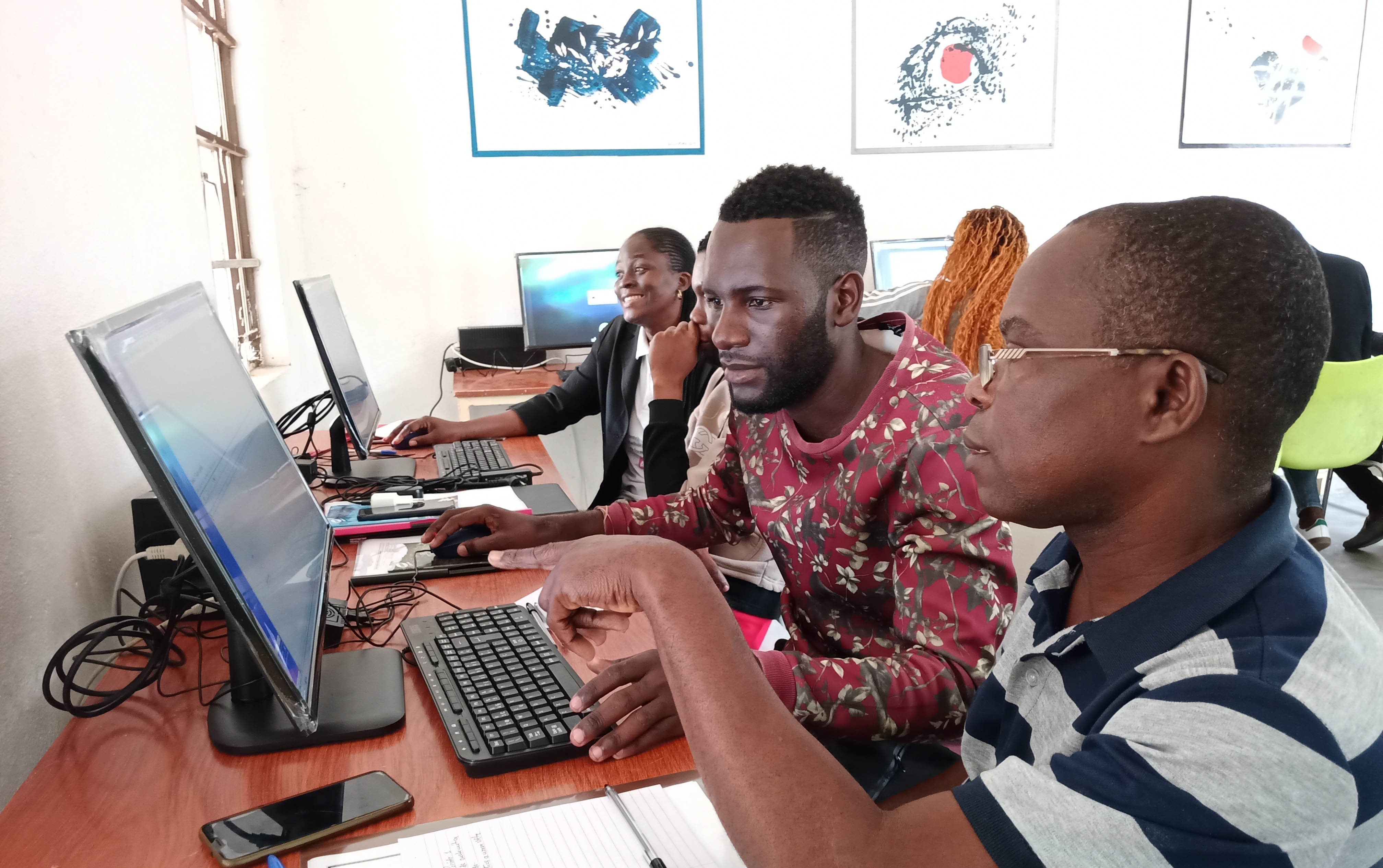
On this World Teachers' Day, celebrated on 5 October 2024 under the theme "Valuing Teacher Voices: Towards a new social contract for education," Humana People to People has published an article outlining the critical role teachers play in transforming education systems, the need for increased investment in teacher training, and the importance of supporting teachers to address global shortages, particularly in rural and underserved communities.
As founding members of the Humana People to People Federation, we echo the importance of valuing teachers as key agents in transforming education, especially in rural communities: "Teachers must be valued, as they are key agents of transformation in education – and education systems need to transform to support them. Bringing qualified, supported and motivated teachers into classrooms is the single most important thing to support the learning and well-being of communities."
At ADPP Angola, we are proud to contribute to this effort through our 15 Teacher Training Schools, which prepare primary school teachers to work in Angola’s rural areas, where they are needed the most. These teachers are prepared not just to deliver knowledge, but to help students actively participate in their education, nurturing future generations who will build and sustain strong communities.
We invite you to read the full article and learn more about the collective efforts of members of Humana People to People in transforming education.
We particularly enjoyed the newly produced film by our sister organisation ADPP Mozambique, which captures the journey of a teacher during and after her training and the teaching methods she uses in teaching in a rural primary school. Click here to watch it.
Let us continue to invest in teachers—because transforming education starts with them.

